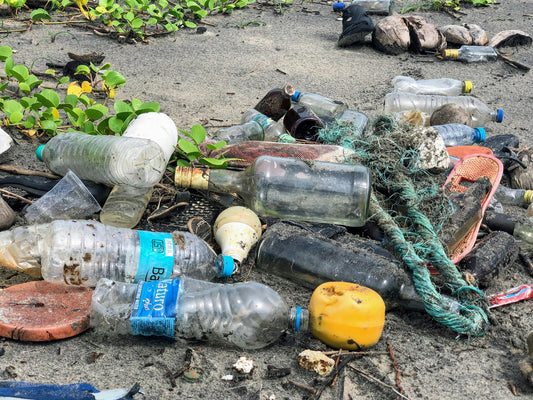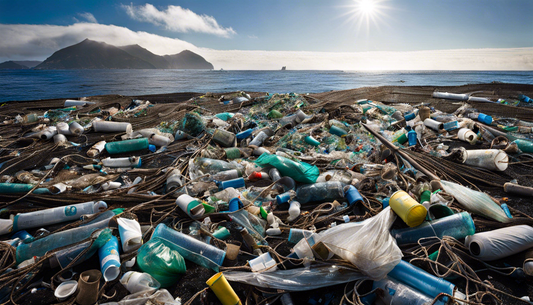Share
Summary::
The article discusses the environmental and social impacts of energy-from-waste incinerators in the UK, particularly focusing on the Runcorn facility in Cheshire. Residents living near these facilities face significant health issues due to pollution and noise, with many residents feeling undervalued and trapped in their situation. Despite a £1 million settlement for some residents, those who declined the settlement argue that the compensation is unjust and comes with a non-disclosure agreement, effectively silencing them.
Key Points:
- Residents' Experiences::
Residents like Mandy Royle and George Parker describe their living conditions near the Runcorn incinerator as "dreadful" due to overwhelming flies, rodents, odors, and noise. They feel trapped by the facility's pollution and noise.
- Settlement and NDA::
A £1 million settlement was offered to some residents, but those who declined argue that it is unjust and comes with a non-disclosure agreement (NDA) that silences them. The NDA prevents them from speaking out about the issues.
- Environmental Impact::
The Runcorn facility incinerates nearly one million tons of household waste annually, much of which originates from areas far from the community. This has led to an increase in violations of air quality regulations, with the facility exceeding permit limits 17 times over the past five years.
- Economic Benefits::
Residents question whether they reap any economic benefits from the facility, with Linda Martin arguing that they endure significant conditions without any visible benefits.
- Psychological Effects::
The psychological effects of living near large incinerators in disadvantaged areas are significant, with Eddie Thompson MBE noting that people may feel undervalued and lack a visible sense of future.
- Regulatory Compliance::
Viridor, the operator of the Runcorn facility, asserts that noise and odors remain within acceptable limits established by the Environment Agency and that all complaints are thoroughly investigated with residents receiving feedback. However, the facility has exceeded its permit limits multiple times, indicating potential non-compliance issues.
The article discusses the environmental and social impacts of energy-from-waste incinerators in the UK, particularly focusing on the Runcorn facility in Cheshire. Residents living near these facilities face significant health issues due to pollution and noise, with many residents feeling undervalued and trapped in their situation. Despite a £1 million settlement for some residents, those who declined the settlement argue that the compensation is unjust and comes with a non-disclosure agreement, effectively silencing them.
Key Points:
- Residents' Experiences::
Residents like Mandy Royle and George Parker describe their living conditions near the Runcorn incinerator as "dreadful" due to overwhelming flies, rodents, odors, and noise. They feel trapped by the facility's pollution and noise.
- Settlement and NDA::
A £1 million settlement was offered to some residents, but those who declined argue that it is unjust and comes with a non-disclosure agreement (NDA) that silences them. The NDA prevents them from speaking out about the issues.
- Environmental Impact::
The Runcorn facility incinerates nearly one million tons of household waste annually, much of which originates from areas far from the community. This has led to an increase in violations of air quality regulations, with the facility exceeding permit limits 17 times over the past five years.
- Economic Benefits::
Residents question whether they reap any economic benefits from the facility, with Linda Martin arguing that they endure significant conditions without any visible benefits.
- Psychological Effects::
The psychological effects of living near large incinerators in disadvantaged areas are significant, with Eddie Thompson MBE noting that people may feel undervalued and lack a visible sense of future.
- Regulatory Compliance::
Viridor, the operator of the Runcorn facility, asserts that noise and odors remain within acceptable limits established by the Environment Agency and that all complaints are thoroughly investigated with residents receiving feedback. However, the facility has exceeded its permit limits multiple times, indicating potential non-compliance issues.
If you want to read more like this, make sure to check out our Blog and follow us on Instagram. If you are interested in truly sustainable products, check out our Shop.
Check out the original source here








